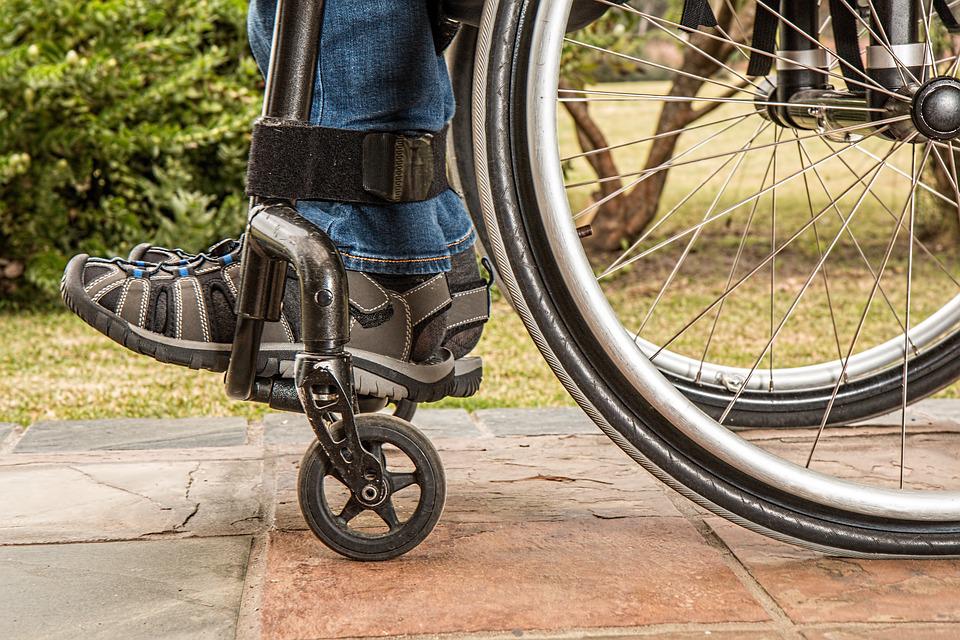Being involved in an auto accident is a traumatic experience. Besides dealing with the physical and emotional aftermath, you may also face financial hardship due to piling medical bills while you cannot work due to your injuries.
But there is some good news; you can recover lost wages if you file a claim against the at-fault party. However, recovering lost wages after an accident may not be as simple as it sounds, especially when the accidents result in long-lasting injuries or permanent disabilities.
You Need to Consult a Specialist Local Car Accident Lawyer After an Accident
The first step to take after an accident should always be seeking medical attention. Often an ambulance will be among the first responders to come to the scene to offer first aid and take the injured to the hospital. The best rule of thumb is assuming you are injured until a doctor proves otherwise.
After getting medical help, the next step should be contacting a personal injury lawyer. Having a lawyer handle your personal accident claim helps increase the chances of a fair outcome by a vast margin.
When choosing a personal injury lawyer, paying attention to their geographical location is essential. For example, if you get in an accident in Brooklyn, picking a local legal team to protect you from exploitation can give you an added advantage.
That’s because they will be familiar with local laws and judicial staff, thus increasing your chances of getting a fair outcome.
What You May Need to Know About Lost Wages After an Accident
After an accident, the victim is eligible for compensatory damages that fall into two main categories; economic and non-economic. Lost wages fall under economic damages because they are quantifiable in monetary terms.
For example, if you miss 14 days of work, the total lost wages would be the amount you would have made in the 14 days if the accident never occurred. But that’s the simple side of calculating lost wages. Calculating lost wages can get more complicated.
Calculating Lost Wages After an Accident?
What you recover as lost wages after an accident is often determined by the extent of your injuries. The calculations are based on whether you are paid an hourly wage, receive an annual salary, or are self-employed.
1. If You Are Paid by Hourly Wage
If you are paid by the hour, you calculate lost wages by multiplying hours missed by your wage per hour at the time of the accident. For example, if your wage is $30 an hour for an eight-hour shift daily, you will multiply eight hours by $30 and then by the number of workdays missed.
The same calculation method applies if you are paid a daily wage or monthly salary. That means if your monthly salary is $ 4,000 and an injury puts you away for 15 days, what you recover as lost wages will be half your monthly salary.
2. Lost Income for Self-Employed
If you are self-employed, you will need to file for lost earnings, which should be earnings you could have made if the accident never occurred. You will need to prove lost income by providing relevant documentation, which includes your business license, invoices, etc.
3. Lost Opportunities/Loss of Earning Capacity
Loss of earning capacity, also called loss of earning power, is decreased ability to earn money due to an injury. It applies to the employed as well as the self-employed.
When calculating recoverable damages for loss of earning capacity and lost opportunities, your lawyer must factor in income increments, bonuses, age, and education.







